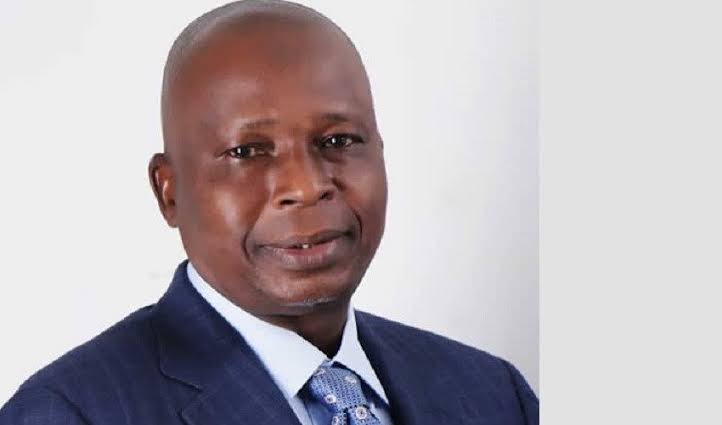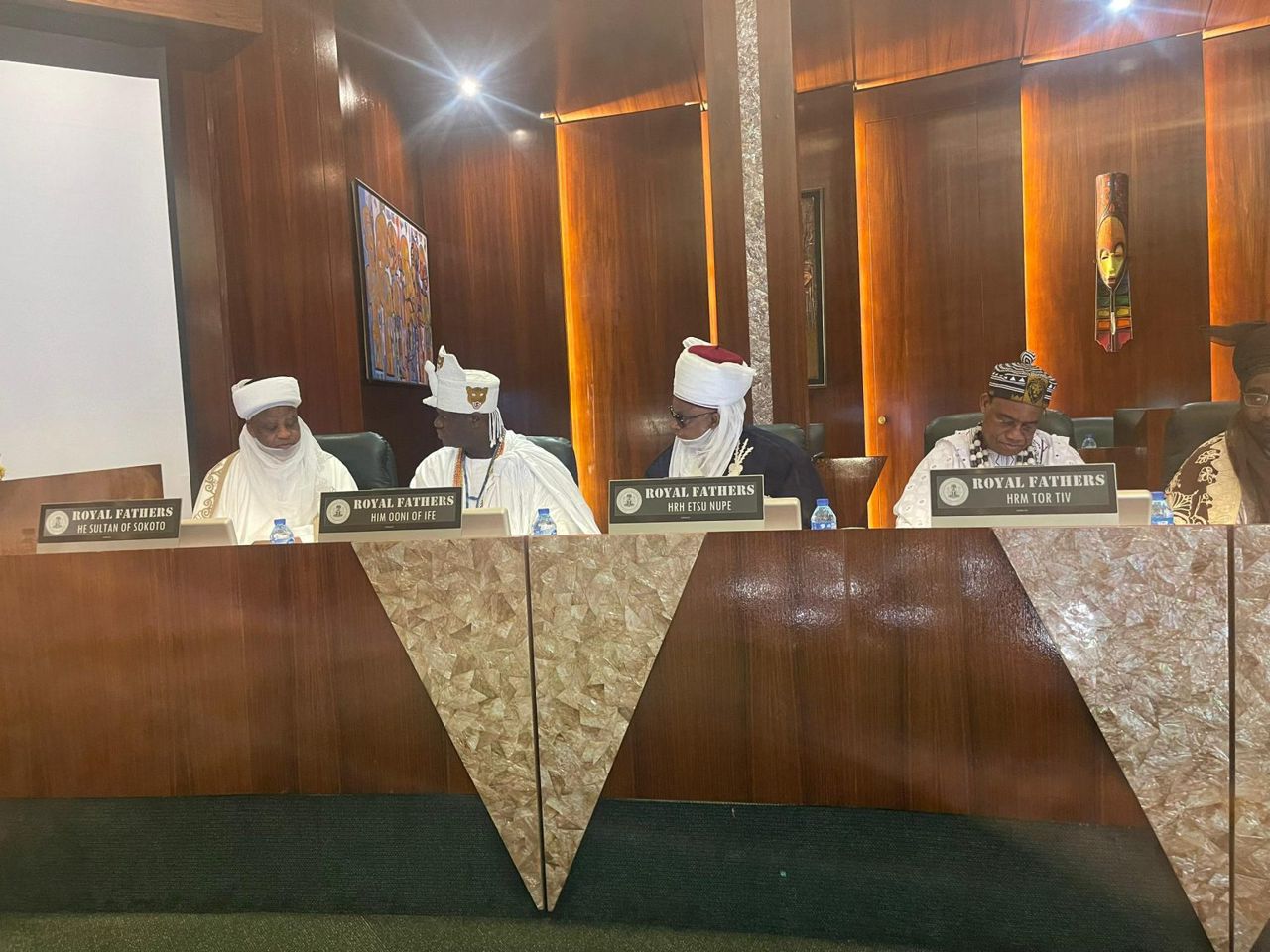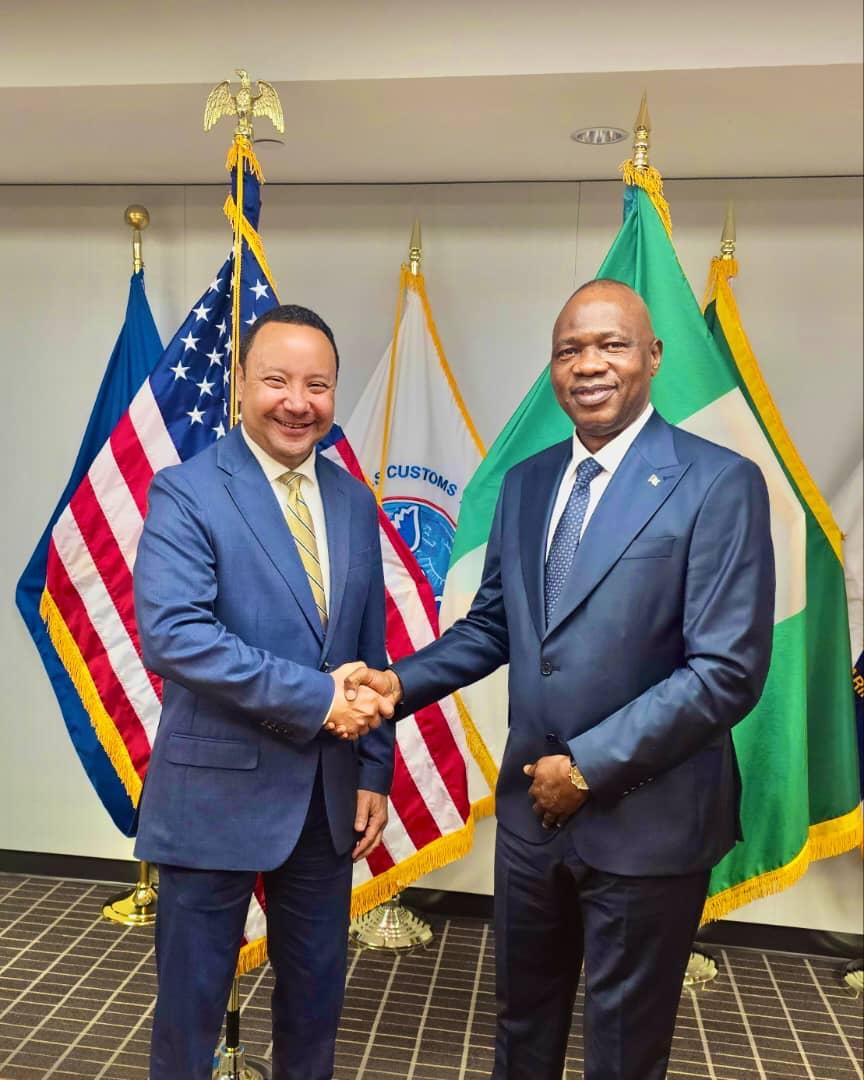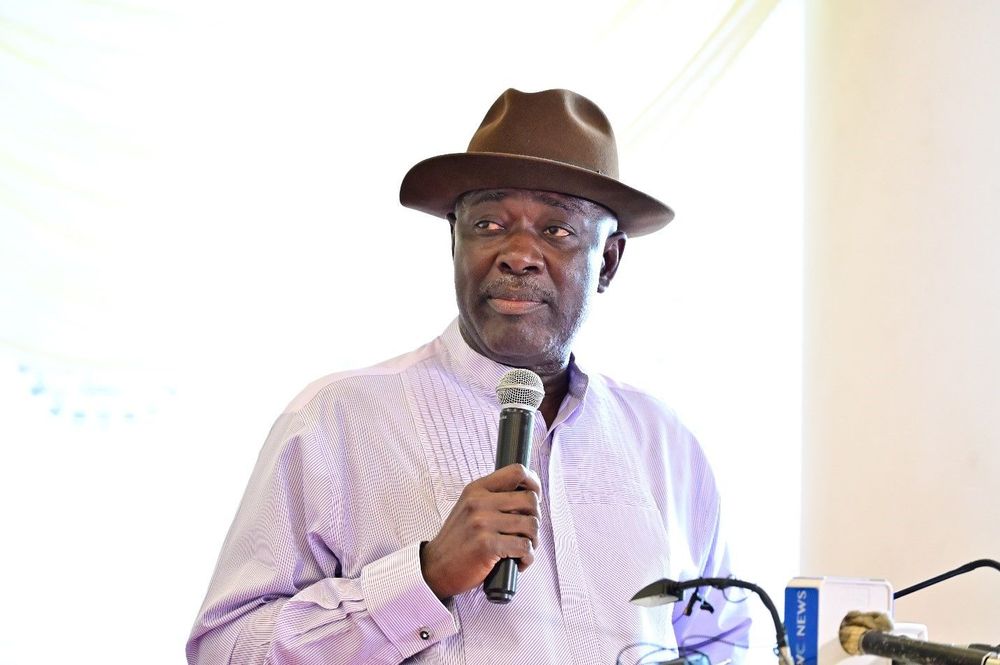A 2006 Pew Forum poll of self-identified Christians* revealed that forty-six percent of respondents agreed with the following statement:
God will grant material prosperity to all believers who have enough faith.
Given the fact that many Christians disagree about doctrines like baptism, church government, the significance of the Lord’s Supper, and other matters discussed in the Bible, why should the relationship between faith and economics that characterizes the prosperity gospel be challenged? This post will show five key economic reasons why the prosperity gospel should be rejected.
Any discussion about error and truth must be undertaken with a sense of humility. There are certainly areas in which believers can disagree and should do so respectfully. There are realities to which our eyes are blinded by ignorance and cultural biases. However, when error exists in plain contrast to scripture, it is consistent with compassion to reveal that error graciously for the benefit of others (e.g., 1 Tim. 1:3–7).
1. The prosperity gospel undermines attempts to relieve poverty.
Individual conversion is a noble and necessary goal in Christian poverty alleviation efforts, but arguing that simply believing harder will fix the problem ignores many possible systemic evils or the need for skills and resources. James 2:15–16 states,
If a brother or sister is poorly clothed and lacking in daily food, and one of you says to them, “Go in peace, be warmed and filled,” without giving them the things needed for the body, what good is that?
In order for true poverty alleviation to occur, Christians must seek to eliminate social evils and empower the poor with the necessary resources as well as encourage personal faith.
2. The prosperity gospel can make the poor and sick feel guilty.
For adherents of the prosperity gospel whose businesses have failed or who have gotten tragically sick, the feeling of personal failure can be overwhelming. The reality is that God “makes the sun shine on the evil and on the good, and sends rain on the just and on the unjust” (Matt. 5:45, ESV). There should be no shame in poverty because shame can become a barrier to human flourishing.
3. The prosperity gospel denies the relationship between work and wealth.
God’s design for humans was for them to work, even before the fall of Adam (Gen. 2:15). After the fall, God cursed the earth, making work harder for humans (Gen. 3:17–19). Even after Christ’s ascension to heaven, with the reconciliation of all things to God underway (Col. 1:19–20), God still intends for people to work for their sustenance and wealth creation (2 Thess. 3:10–12).
4. The prosperity gospel misrepresents economic principles.
Although God is capable of miracles and owns the cattle on a thousand hills (Psalm 50:10), this does not mean that the natural world, including the economics of the world, do not generally follow regular patterns. In fact, Jay Richards argues that the order of the marketplace is a reflection of God’s design for creation.
Even in the biblical accounts of the early church, where miracles seem to be quite common, there is still a sense that the provisions of food for thousands from a few loaves and fishes or the many healings were irregularities in the normal pattern of life. The expectation of miraculous provision, even for believers, seems to deny the extraordinary nature of miracles. God’s character is evidenced in the order of the created universe including economic principles.
5. The prosperity gospel prevents contentment.
Paul wrote of his own contentment even in harsh circumstances (Phil. 4:11–12). With the prosperity gospel, however, faith must be continually demonstrated by a new abundance of wealth from God. The health-and-wealth gospel teaches that more is always better; there can never be enough. The continual desire for more brings about a form of spiritual poverty (1 Tim. 6:6).
There are other reasons to reject the prosperity gospel on theological grounds, but the main point of this discussion is to demonstrate the differences between a biblical perspective on faith, work, and economics and the prosperity gospel.
*The survey focuses on certain aspects of the Pentecostal movement, but includes responses from all self-identifying Christians and asks questions about doctrines not essential to Pentecostal belief.
This article is copied with permission from the Institute for Faith, Work & Economics (www.tifwe.org). IFWE is a Christian research organization committed to advancing biblical and economic principles that help individuals find fulfillment in their work and contribute to a free and flourishing society.





































Leave a comment